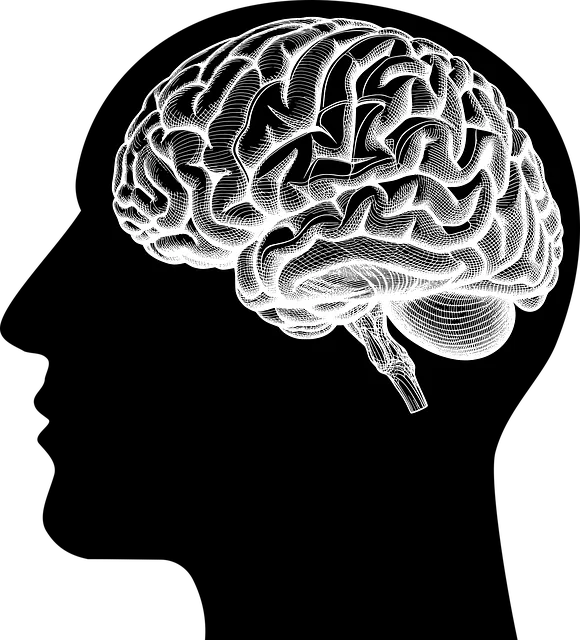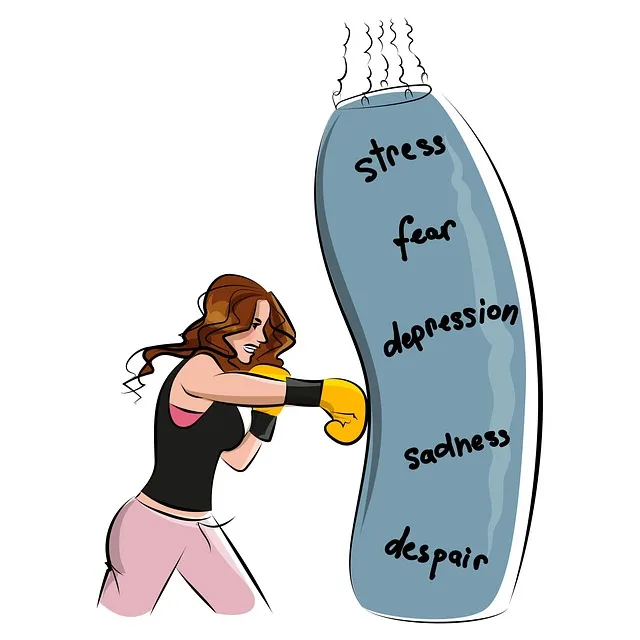The Lafayette Kaiser Permanente (LKP) mental health center prioritizes patient safety through comprehensive risk assessment and harm minimization planning, integrating mindfulness practices, burnout prevention strategies, and social skills training into staff development. This holistic approach cultivates a culture of awareness and resilience, enhancing care delivery in a secure environment. LKP's proactive measures, such as stress management workshops and public awareness campaigns, empower individuals with coping strategies while destigmatizing mental health discussions. By addressing risks, promoting self-care, and fostering empathy, the center ensures early intervention and personalized support, ultimately improving overall well-being for both patients and staff. Continuous improvement is driven by data analysis, open communication, and incorporation of best practices, ensuring LKP maintains a dynamic and effective harm minimization strategy as a responsible owner.
Risk assessment and harm minimization planning are vital components of providing safe and effective mental healthcare. This article explores these essential practices through a case study of the Lafayette Kaiser Permanente Mental Health Center’s innovative approach. We delve into understanding risk assessment as a cornerstone of patient safety, identifying and evaluating potential risks specific to mental healthcare, and developing comprehensive harm minimization strategies. The article also covers implementation, monitoring, and continuous improvement techniques, drawing insights from the Lafayette Kaiser Permanente mental health center by owner.
- Understanding Risk Assessment: A Cornerstone of Safe Care
- The Lafayette Kaiser Permanente Mental Health Center's Approach
- Identifying and Evaluating Potential Risks in Mental Healthcare
- Developing a Comprehensive Harm Minimization Plan
- Implementation, Monitoring, and Continuous Improvement Strategies
Understanding Risk Assessment: A Cornerstone of Safe Care

Risk assessment is a fundamental process at the Lafayette Kaiser Permanente mental health center by owner, underpinning the provision of safe and effective care. It involves a systematic analysis of potential hazards and their likelihood to cause harm, enabling proactive measures to mitigate risks. This cornerstone approach ensures that healthcare providers can offer a secure environment for patients, especially in mental health settings where vulnerability may be high.
By integrating practices like Mindfulness Meditation into staff training programs and implementing Burnout Prevention Strategies for Healthcare Providers, the center promotes a culture of awareness and resilience. Additionally, Social Skills Training plays a vital role in enhancing communication and interaction between patients, caregivers, and staff, fostering an inclusive atmosphere that reduces risks associated with social isolation or miscommunication.
The Lafayette Kaiser Permanente Mental Health Center's Approach

The Lafayette Kaiser Permanente Mental Health Center takes a comprehensive approach to risk assessment and harm minimization planning, prioritizing the well-being of its community members by owner. They recognize that mental health is a multifaceted issue, requiring a multi-pronged solution. Therefore, the center implements various initiatives such as Stress Management Workshops Organization sessions designed to equip individuals with coping mechanisms for everyday stressors. Additionally, they foster public awareness campaigns development to break down stigma and encourage open conversations about mental health.
This holistic strategy involves not just treating symptoms but also promoting preventive measures like Mindfulness Meditation practices. By integrating these techniques into daily routines, the center aims to empower individuals to take charge of their mental well-being. Their commitment to community engagement ensures that resources and support are accessible to all, fostering a healthier and more resilient society.
Identifying and Evaluating Potential Risks in Mental Healthcare

Identifying potential risks is a critical step in harm minimization planning for mental healthcare facilities like the Lafayette Kaiser Permanente center. As a responsible owner, assessing and managing risks effectively is paramount to ensuring patient safety and well-being. This involves scrutinizing various aspects of care delivery, including clinical practices, staff training, and environmental factors. For instance, evaluating the impact of long waiting times on patient stress levels or identifying potential triggers for burnout among healthcare professionals through Self-Awareness Exercises.
Mental Health Awareness is enhanced when risks are proactively addressed. By implementing measures to mitigate identified hazards, the Lafayette Kaiser Permanente mental health center by owner can foster a safer environment. This might include introducing stress management workshops for staff, improving access to counseling services for patients, or updating policies to prevent burnout, ensuring the well-being of both patients and healthcare providers alike.
Developing a Comprehensive Harm Minimization Plan

At the Lafayette Kaiser Permanente mental health center, owned and operated with a commitment to holistic wellness, developing a comprehensive harm minimization plan is paramount. This involves a multi-faceted approach that integrates Self-Care Practices, Mental Health Awareness, and Empathy Building Strategies. By fostering an environment where patients feel seen, heard, and supported, the center aims to prevent and mitigate potential harms.
The plan meticulously outlines procedures for identifying at-risk individuals, promptly intervening, and providing tailored support services. It emphasizes the importance of empowering patients with coping mechanisms and promoting positive Self-Care Practices. Through Mental Health Awareness initiatives, staff are trained to recognize signs of distress and implement evidence-based strategies to build empathy and foster a culture of care. This proactive approach ensures that every patient receives the necessary attention to minimize harm and enhance their overall well-being.
Implementation, Monitoring, and Continuous Improvement Strategies

The successful implementation of risk assessment and harm minimization planning at the Lafayette Kaiser Permanente mental health center by its owner requires a multifaceted approach. Once strategies are set in motion, ongoing monitoring is essential to ensure their effectiveness and identify areas for improvement. Regular reviews and data analysis allow for adjustments to be made, ensuring the plan remains dynamic and relevant. This includes tracking key performance indicators related to patient outcomes, staff feedback, and adherence to protocols.
Continuous improvement involves a commitment to refining practices based on what’s working and what isn’t. By fostering an environment that encourages open communication and embraces innovation, the mental health center can incorporate new research and best practices into its risk management framework. This iterative process not only enhances patient care but also contributes to the overall emotional well-being promotion techniques, such as Mental Wellness Journaling Exercise Guidance, and supports the development of inner strength among individuals seeking support at the Lafayette Kaiser Permanente facility.
Risk assessment and harm minimization planning are essential components of providing safe and effective mental healthcare. As demonstrated by the Lafayette Kaiser Permanente Mental Health Center’s innovative approach, a comprehensive strategy involves identifying potential risks, evaluating them rigorously, and implementing tailored solutions. By following this structured process, healthcare providers can ensure patient safety while delivering high-quality care. The center’s success serves as a testament to the power of proactive harm minimization planning, offering a valuable framework for other mental health facilities to adopt and adapt to their unique contexts.






